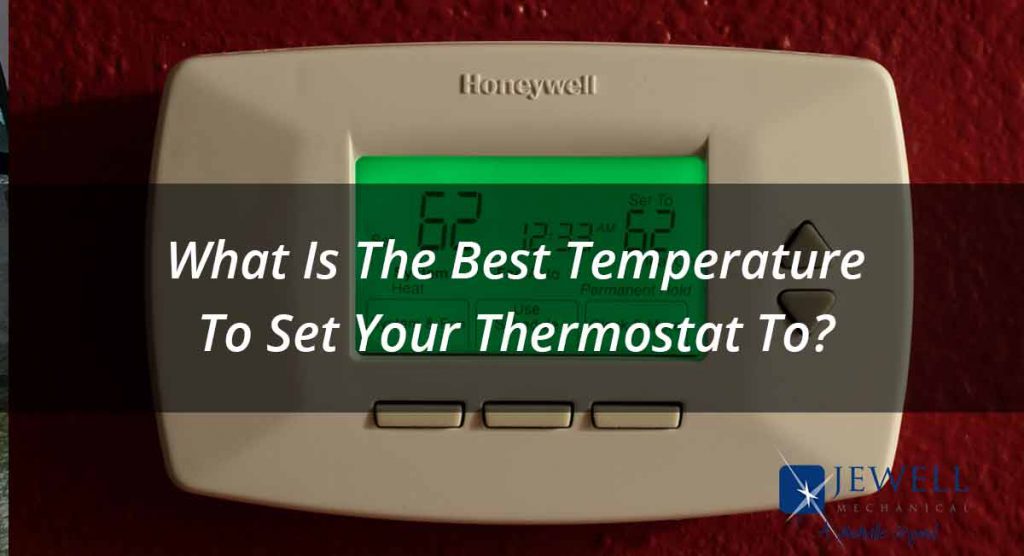ENERGY STAR® Temperature Tips For Your HVAC System
According to ENERGY STAR’s Guide to Energy-Efficient Heating and Cooling, “the average household spends more than $2,200 a year on energy bills, with nearly half of this going to heating and cooling costs.”
Tennessee residents are fortunate to spend less—approximately $1,800 per year, per the EIA’s Residential Energy Consumption Survey, thanks in part to the fact that Tennessee homes are typically newer—and smaller in size than homes in other parts of the U.S.
Regardless, ENERGY STAR—a government program that helps consumers save money and protect the environment with energy-efficient practices and products—can help you save by taking to heart their tips on improving the efficiency of your HVAC system, as well as their tips on maintaining your heating and cooling equipment.
What temperature does Energy Star recommend setting my thermostat?
For maximum energy efficiency, ENERGY STAR recommends setting your thermostat at no lower than 78 degrees in the warm weather months, and 70 degrees or cooler in the cold weather months.
Better yet, ENERGY STAR advocates using a programmable thermostat, which is ideal for people who are away from home during set periods of time during the week. “Through proper use of pre-programmed settings, a programmable thermostat can save you about $180 every year in energy costs,” according to the aforementioned guide.
Recommended Settings for a Programmable Thermostat
For those individuals or families who are away from their home during the day…
For air conditioning, ENERGY STAR recommends an early morning temperature of 78 degrees or higher, a setting of 85 degrees or higher during the day, then cooling your home to 78 degrees or higher in the late afternoon/early evening, and sleeping at a temperature of 82 degrees or more.
For heating, Energy Star recommends a 6 a.m. temperature of 70 degrees or less, then 62 degrees or less during the day, a return to 70 degrees or less in the late afternoon/early evening, and sleeping at 62 degrees or below.
Some readers may regard these temperatures as much too warm (or too cold) to be comfortable. Naturally, different users will have different needs.
However, keep in mind that your body will adjust to warmer (or cooler) temps over time. So while you may not be able to tolerate the above temps initially, you may become acclimated to warmer temperatures over a period of weeks, which will enable you to save money on air conditioning costs. Likewise, you may become acclimated to a cooler home in winter, which will enable you to save on heating costs.
It’s also prudent to moderate the temperature in your home, as best you can.
For example, in the warm weather months you might want to:
- Use your stove, oven and other appliances at off-peak hours, when the temperature is cooler
- Turn off your computer(s) when not in use, as computers can generate a lot of heat
- Block the afternoon sun by closing your blinds or shades
HVAC Maintenance Prevents Future Problems
To maximize savings and efficiency, it’s also imperative that you properly maintain your HVAC system by doing routine maintenance, including changing your filter no less frequently than every three months. In fact, during the winter and summer months, you should check your filter—and change it if it’s dirty—on a monthly basis.
As for regularly scheduled tune-ups, ENERGY STAR notes that “proper maintenance by a qualified technician is one of the most important steps you can take to avoid future problems,” and that “it’s best to check the cooling system in the spring and the heating system in the fall.”
At Jewell Mechanical we offer preventative residential HVAC maintenance, including an Energy Savings Agreement (ESA) that includes a maintenance plan of two services per year. Our ESA’s are affordable and easy to sign up for. Contact us or schedule a service appointment at 615-434-2332.

